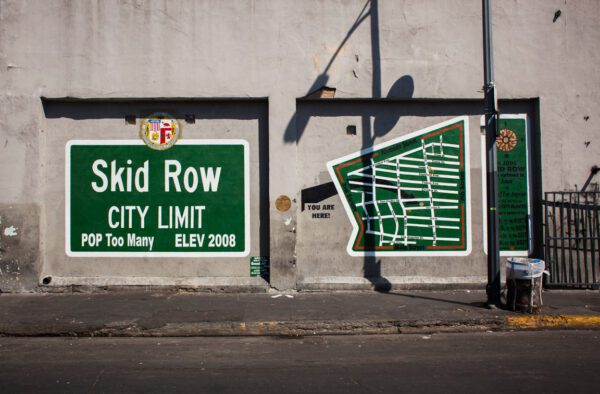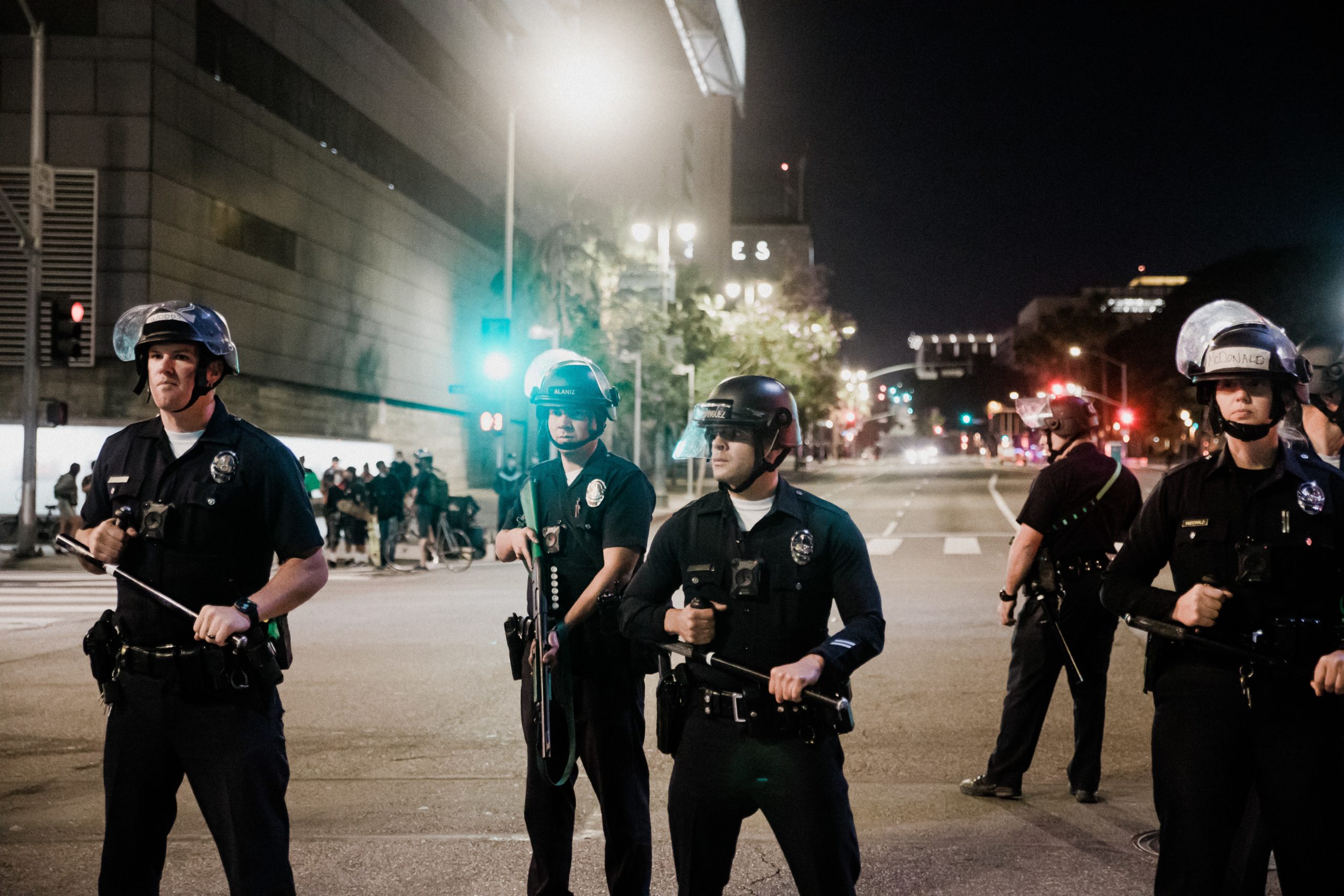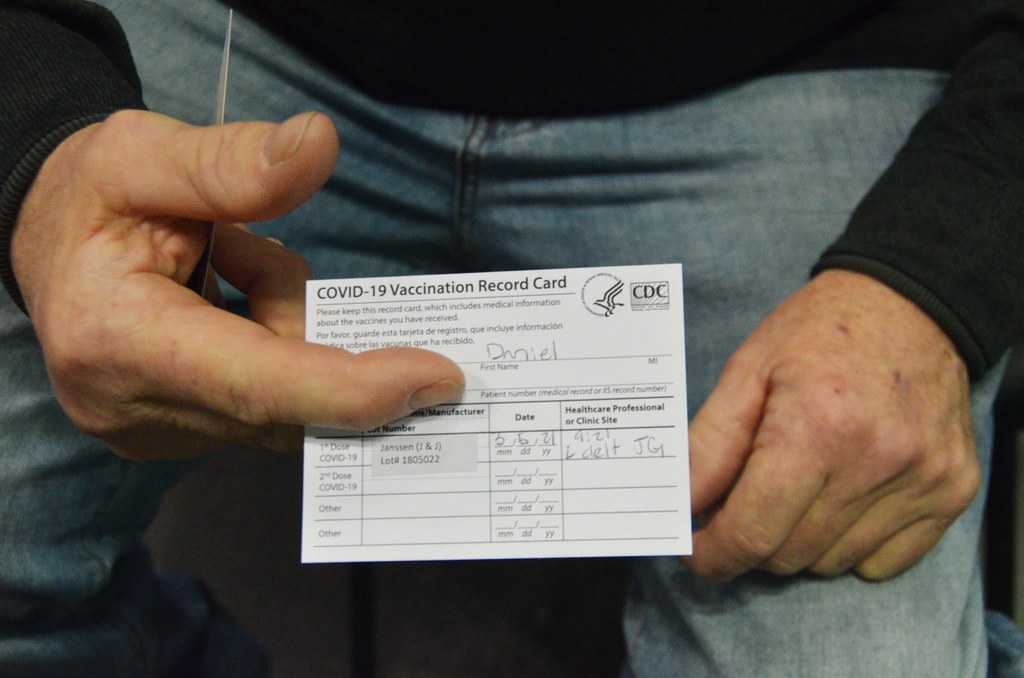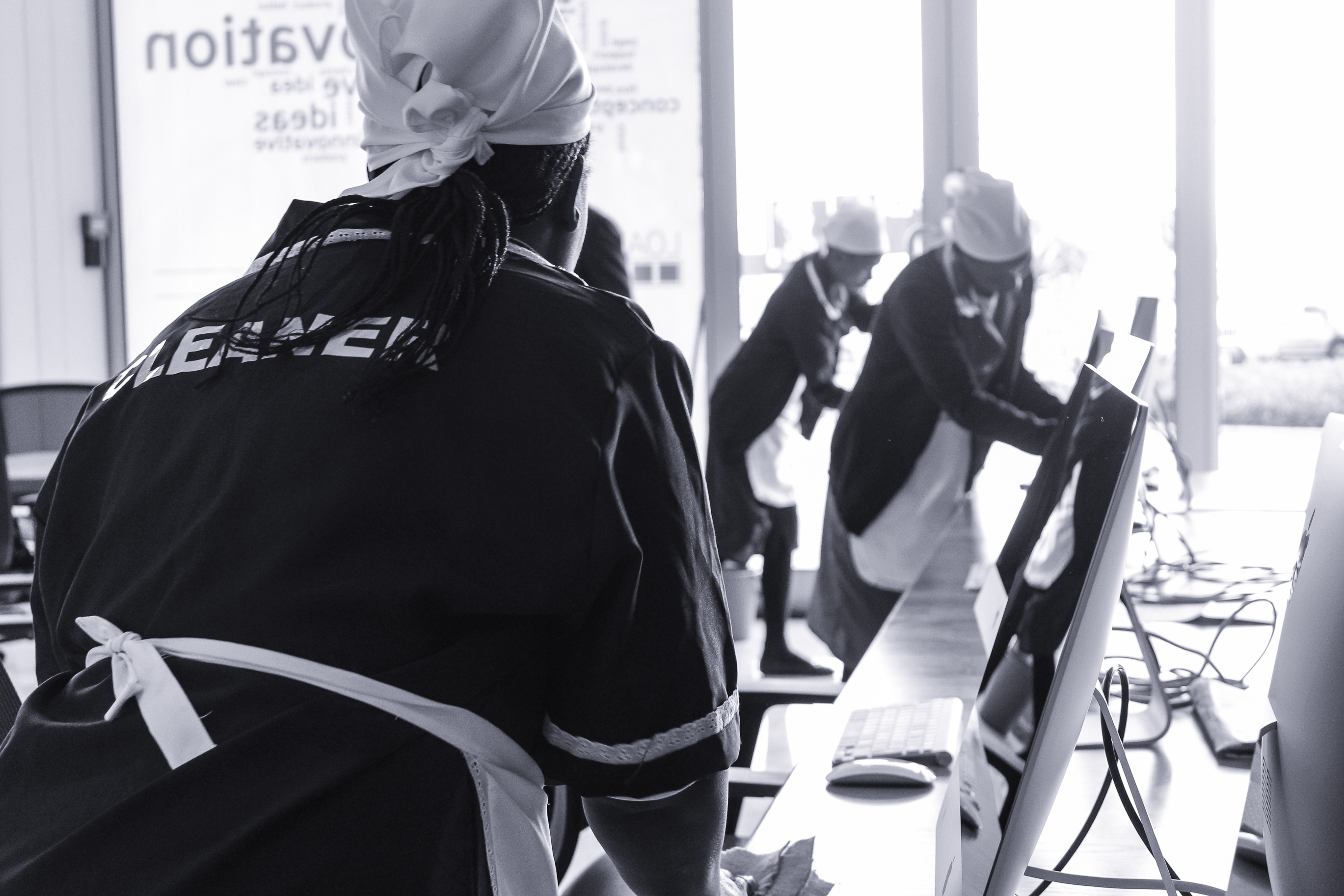The Los Angeles City Council Tuesday approved the city’s first participatory budgeting pilot program, which will give nine neighborhoods a total of $8.5 million and the ability to decide how to allocate their portion of the fund.
The Los Angeles Reforms for Equity and Public Acknowledgement of Institutional Racism, or LA REPAIR, program was first proposed by Mayor Eric Garcetti in his 2021-22 budget, and the plan for the program was developed by the city’s Civil + Human Rights and Equity Department.
“When it comes to the issues that burden neighborhoods across our city — whether it’s the climate crisis, the pandemic, or economic inequality — nobody has better solutions than our own residents,” Garcetti said in a statement Tuesday.
“LA REPAIR is about empowering our communities with the resources and autonomy they need to address the challenges of today and make their neighborhoods stronger and more resilient for generations to come, and I’m thankful to the City Council for taking this important step to make this program a reality.”
Funds will be given to the neighborhoods of Skid Row, Arleta-Pacoima, Boyle Heights, Mission Hills-Panorama City-North Hills, Westlake, West Adams, South Los Angeles, Southeast Los Angeles and Wilmington-Harbor Gateway, which were chosen for having high rates of poverty, COVID-19 and pollution, as well as other factors.
All nine neighborhoods have at least 87% residents of color, at least 16% of residents living in poverty, at least 15% unemployed and at least 30% renter households that paid half or more of their income on rent, according to the city’s civil rights department.
LA REPAIR will begin soliciting ideas on how the funds should be spent early next year, and the community will vote on final proposals as soon as May.
“Los Angeles has some of the lowest income and highest need neighborhoods in the country, living in the shadow of immense wealth and investment,” said Capri Maddox, executive director of LA Civil Rights. “These neighborhoods know what’s best for their communities, and deserve the power to shape their own futures. LA REPAIR will put these communities in the driver’s seat and help us tackle structural inequality head on.”
According to LA Civil Rights, participatory budgeting programs have already been put in place in New York, Oakland and Seattle. The programs exercise public ownership of government resources, and LA Civil Rights officials said they deepen democracy, improve residents’ trust in government and make communities impacted by systemic inequality stronger.
Any resident of one of the selected “REPAIR Zones,” including those living in city shelters, can submit ideas and vote on final proposals for the funds. LA Civil Rights will use a consultant to finalize the program’s design and solicit program ideas in the coming months. Advisory committees will then be created consisting of community members from each REPAIR zone to oversee implementation.
“From inequities in service delivery to infrastructure investment, as we move forward we must work to transform our city into one that achieves its core work while addressing the stark inequities that have long existed in Los Angeles,” Council President Nury Martinez said.
“For too long, communities of color have had to fight extra hard for equitable allocation in budget funding and as we move forward, this work will be institutionalized as a part of our future budgeting process. Last year, the Council led an historic city-wide series of listening sessions to directly hear from our residents on how city funds should be spent, because it’s crucial to have input from our communities on where they want to see money allocated in their neighborhoods.”
Tuesday’s motion passed the City Council 10-0, with Councilwoman Monica Rodriguez and Councilmen Joe Buscaino, Gil Cedillo and Kevin De Leon absent and Councilman Mark Ridley-Thomas suspended following his indictment on federal corruption charges.
More information about the program can be found at https://bit.ly/3rPN04N.







